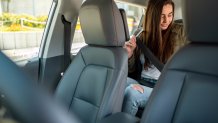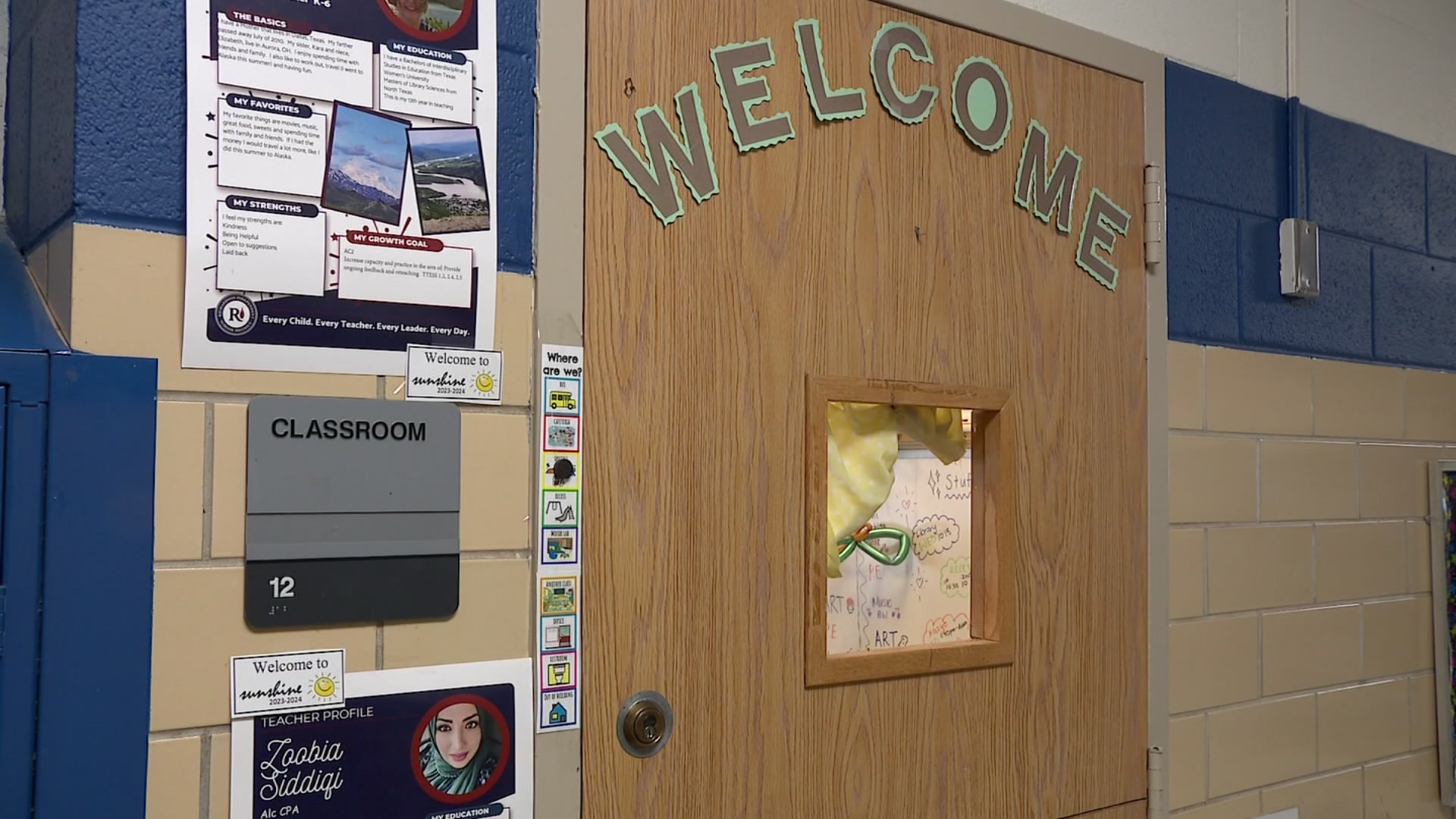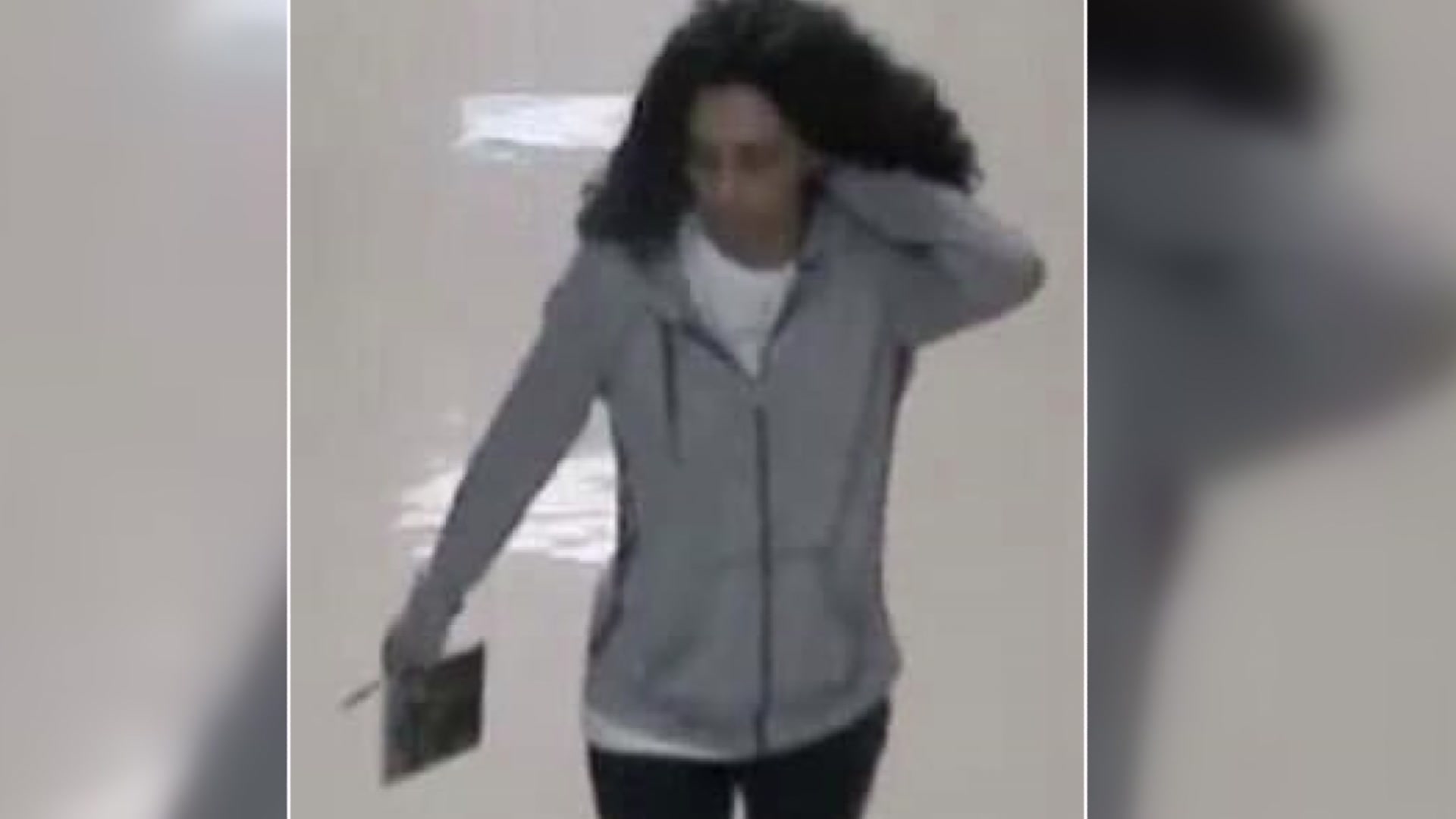A new way of getting around is coming to Dallas.
In just a few months a new driverless ride-hailing service is about to become a reality. It's part of a growing trend in artificial intelligence, which some believe could be a key to safer roads in the future.
Cruise, a driverless ride-hailing company backed by General Motors, is planning to roll out self-driving cars on Dallas streets by the end of the year. The service operates like other ride-hailing apps on a smartphone, where users can call up a ride.
"The experience feels a lot like a human, except for there is no human and it's actually a robot car,” said Megan Prichard, vice president of ride-hail and delivery for Cruise.
Get DFW local news, weather forecasts and entertainment stories to your inbox. Sign up for NBC DFW newsletters.
Cruise operates a fleet of Chevy Bolts that are equipped with a mix of 40 sensors, cameras, radars and other technology which feeds the artificial intelligence that powers the vehicle. To unlock the car, the user slides a button on the smartphone app. The car won't even start moving until everyone is buckled up and riders push another button to begin.
"So our cars never drive drunk, they never drive distracted, they never drive tired and they have a 360-degree view of everything that's going on around them at all times,” said Prichard. "People find that once they're in the car, they really relax, they like having the ability to put their own music on and sing along, call friends or even take a nap."
That safety concept is one of the reasons Cruise picked Dallas as its next location. The company’s goals align with Dallas' Vision Zero initiative to eliminate all traffic-related deaths and reach a 50% reduction in severe injuries from crashes by 2030.
Local
The latest news from around North Texas.
"We're hoping that in Dallas – a city that has the second highest traffic fatality rate amongst us cities that are populous – we will be able to help achieve that goal,” said Prichard. "So far, we have zero serious injuries and over 3 million miles of driverless ride-hail driving, which is very exciting."
The City of Dallas shared a statement with NBC 5 regarding the team effort on Vision Zero:
"Vision Zero was introduced as an answer to Dallas’ high traffic fatality rate and the City Council’s commitment to creating a community with zero traffic fatalities. The City of Dallas Vision Zero Action Plan aspires to create streets free from fatalities for all Dallas residents and visitors. This is a goal we share with many organizations, including Cruise, and we look forward to continued discussions to align those goals."
"Right now, over 40,000 people die every year on American roads. And this is unacceptable as a status quo, we have the opportunity here to make a much safer product that's also a better customer experience and more sustainable for our riders," said Prichard.
Outside of safety, Cruise also picked Dallas because of the boom in business, demand and innovation.
"We're very excited to be coming to the city because of the entrepreneurial spirit and that focus on innovation," Prichard said. "Dallas is such a vibrant city that is embracing new technology."
Autonomous vehicles are nothing new to North Texas. Self-driving trucks have already been shipping goods between Fort Worth and El Paso in a testing phase that is happening right now.
DFW Airport tested out driverless shuttles in 2020. Frisco launched a pilot program of autonomous vans to transport employees around the city in 2018.
Autonomous vehicles are regulated by the Texas Department of Transportation. In 2017, the legislature approved the state government to be the ruling entity for AVs so that rules are uniform across the state.

Cruise already operates in Austin, Phoenix and its home of San Francisco, with plans to also begin services in Houston.
Many Dallas commuters are excited.
“Artificial intelligence is a huge thing right now and the technology. It's 2023. So I think if anything, it's going to be a better driver than some of the people you see on the streets right now,” said commuter Nick Galindo. “I think it's a good idea, especially with all the road rage that's been going on.”
Still, the concept of a robot car is scary for some.
"I'm just a little bit of a control freak so not having that control and leaning on almost nothing to do my driving isn't something that I want to be a part of,” said Anna Medina, who works in downtown Dallas. "And I would think just with how some Dallas drivers are – they don't use turn signals, they take red lights. I don't know if I completely trust an automated driver like that to be able to respond that quickly to certain actions."
“I think it would depend on the safety of the cars if I would use it or not,” said Vincent Matthews, a tourist visiting Dallas from Europe. "It’s like getting in an airplane for the first time. You don't really trust it if you're not on the wheel yourself."
Prichard said she understands the fear over something so new and unknown to many.
"Some people get very nervous. I actually took my mother-in-law for a ride recently. She's in her 70s and she saw the car pull up with no driver and was just jaw on the ground," said Prichard. "She buckles her seat belt, she's holding on tight and then the car goes. Three minutes later she's got her phone out taking selfies."
She added that their technology is built to handle whatever happens on the roads.
“We're tracking every single actor in a scenario around a car and predicting what that actor will do and responding to it. So our cars are able to predict what somebody might do and make the safest decision for the driver,” she said.
Cruise is currently mapping surface streets across Dallas with supervised drivers before the public launch.
"Of course, people are going to be nervous. This is a new technology and it's something that has been around for a while, but this is the first time it's really available to the general public,” said Prichard.
While it’s still early days, Cruise officials said they are already beginning to see evidence of what a driverless future could look like.
According to company’s the safety record over the course of its first million driverless miles, Cruise AVs were involved in 54% fewer collisions overall and 73% fewer collisions with meaningful risk of injury when benchmarked against human drivers in a comparable driving environment.
Cruise plans to start small in high-demand areas like downtown and busy business districts before expanding from there. The focus will be city streets before moving on to highway roads. Company officials said prices would be comparable to other ride-hailing companies.
There is a waitlist to be among the first to use the Cruise smartphone app on Apple and Android once it opens to the public. Click here to sign up.
Dallas will see another driverless ride-hailing option in the near future. Aurora Innovation – which has already tested vehicles in North Texas – is partnering with Toyota and Uber to launch self-driving vehicles next year.



